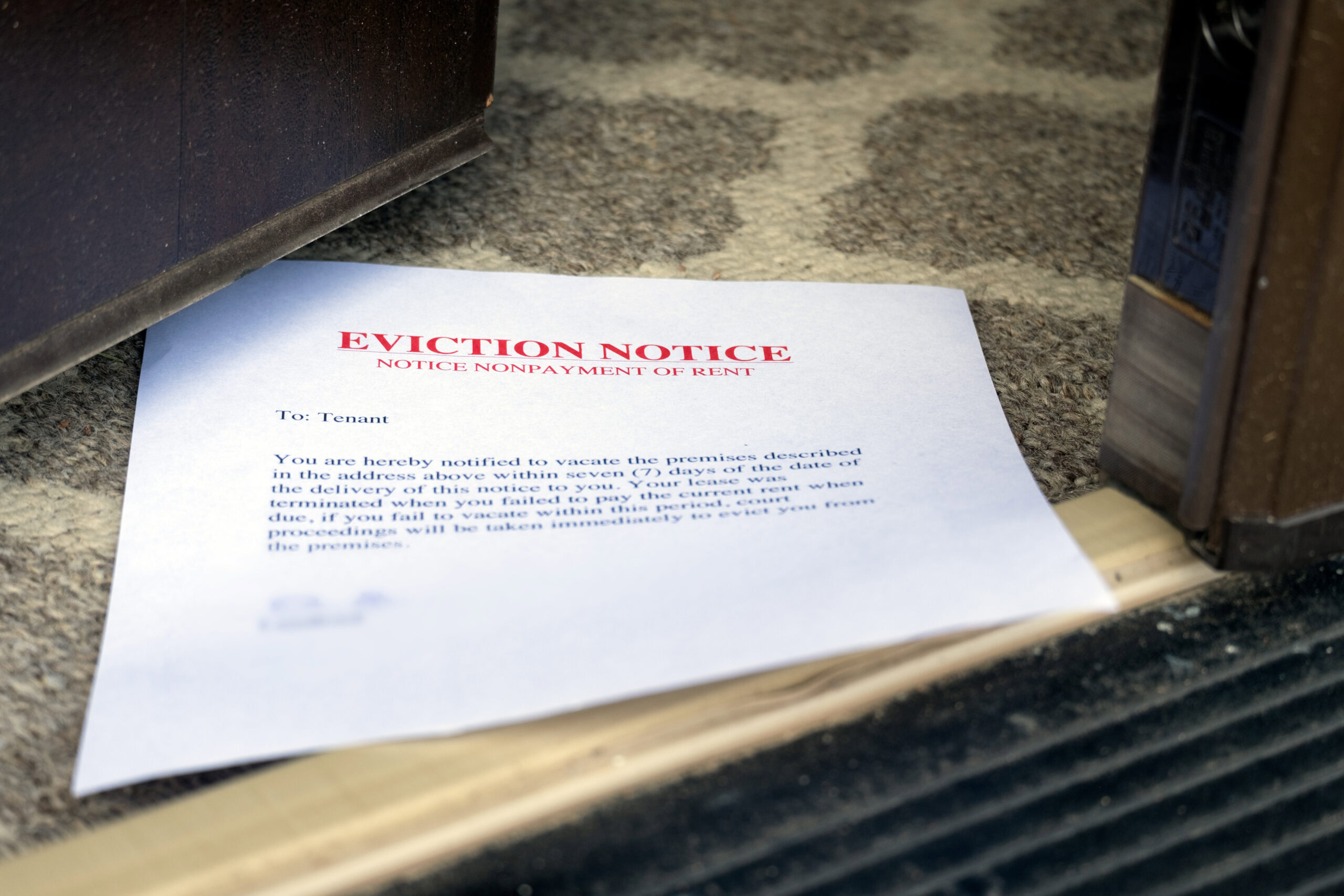Under new anti-money laundering rules, letting agents are required to check if their clients have any financial sanctions against them. If there are, firms will need to report clients to the Office of Financial Sanctions Implementation (OFSI). Letting agents who fail to report their findings can be fined or prosecuted. Here’s how the new sanctions rules work and what it means for your agency.
What is a financial sanctions check?
A financial sanctions check is a way of screening individuals to make sure they’re not engaged in criminal activity. Individuals who are sanctioned are named on a consolidated list compiled by the OFSI.
Issuing sanctions helps the government maintain the integrity of the UK’s financial system. Anyone with sanctions against them will be limited in what they can do financially; for example, their assets may be frozen, or there may be restrictions on what they can invest in.
What are the new obligations for letting agents?
Since 14 May 2025, letting agents must check if clients are listed on the OFSI consolidated list.
If they are, you must report your information to the OFSI and include as many details as you can, for example:
- Information that identifies the person (such as a passport).
- What activities they are attempting to engage in (for example, leasing a property).
- The amount of money involved.
OFSI also recommends that you keep copies of all correspondence.
You can find a complete breakdown of your legal obligations at GOV.UK/financial sanctions guidance.
Haven’t letting agents always had to check for financial sanctions?
Yes. Anti-money laundering reporting rules are not a new development. Before the rule change in May, letting agents were expected to report sanctioned clients in relation to high-value properties where the monthly rent exceeded €10,000 (approximately £8,300).
The new rule eliminates the high-value threshold. Now, financial sanction checks should be part of your standard anti-money laundering reviews for all clients.
What happens if a letting agent fails to report sanctions to OFSI?
Letting agents are classed as ‘relevant firms’ under financial sanctions rules. This means you’re legally obligated to report any concerns you uncover during the course of your business. Other ‘relevant firms’ can be found within the banking sector, legal services, and accountancy.
If you find out a client is on the OFSI sanctions list and don’t report it, you could face heavy fines and, in some cases, criminal prosecution. In a recent example, a property management firm was fined £15,000 for failing to report a sanctioned client.
Are there any exceptions to reporting financially sanctioned clients?
Although letting agents are legally obliged to report concerns, the official wording does mean there’s room for ambiguity.
Under the rules, relevant firms are only required to report information if that information was found ‘in the course of carrying on its business.’ In other words, you only need to report your findings if you’ve made the discovery through normal business activities. This can include anything you find that arises during the tenant screening process or contracts you sign with prospective landlords.
If a member of staff discovers something in a ‘personal capacity’, they would not be obliged to share this information.
How do letting agents carry out a sanctions check?
You can check names against the UK financial sanctions list by:
- downloading a copy from UK/financial sanctions targets;
- searching for a specific name or business on the UK sanctions list;
- carrying out a ‘fuzzy’ search if you’re not sure of the exact spelling of a name or business.
Don’t forget to record the fact you’ve carried out the check even if you don’t find anything.
What happens if letting agents don’t comply?
Failing to conduct financial sanction checks is considered a serious criminal offence, and any breaches can result in fines and even prosecution. You can find out more about how fines are calculated at GOV.UK/financial sanctions enforcement.
How will these changes impact the letting industry?
Anti-money laundering checks are not a new concept, but the removal of the previous €10,000 threshold now means that sanctions checks apply to every prospective landlord or tenant.
You should also make sure landlords and tenants know that you’re legally obliged to check if they’re on the OFSI sanctions list. Bear in mind that it could lead to minor delays in tenant referencing and other checks.
Don’t forget that staying compliant also ensures any insurance you have stays valid. You can lower the risk of getting caught out by ensuring:
- financial sanctions checks are included as part of the client onboarding process;
- colleagues are fully aware of the rule change and know how to carry out sanctions checks;
- there is a clear process for reporting sanctions;
- all correspondence is logged and maintained.
To see how we can help your business, speak to our team on 01603 649727.
Information provided in this article was correct at the time of publication. This article is intended as a guide only. Please note that legislation does change, it is always best to check the most up to date guidance on gov.uk.






























































